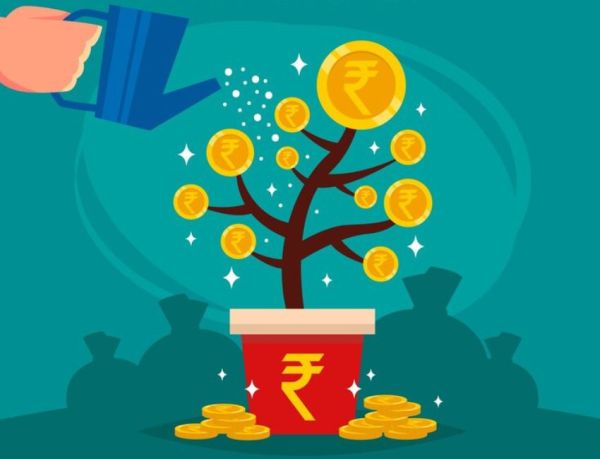Save more and get rich this year

- Newsband
- 19 May, 2025
Most people think of saving money as throwing spare change into a jar or resisting the urge to check out an online shopping cart. While these are small steps, they hardly count as a serious savings plan. True financial growth requires a more intentional approach—one where you manage your expenses, plan your investments, and commit to long-term financial goals.
The key to building wealth is treating your savings with the same importance as your monthly bills. Think of your investments as a non-negotiable monthly payment, much like an EMI. Instead of waiting to see what’s left over at the end of the month, set aside a fixed amount for investments the moment you receive your income. Automating this process through Systematic Investment Plans (SIPs) can help you stay consistent, and you can start with small amounts. The important thing is to make saving a habit, regardless of how much you earn right now.
One of the most crucial things to do early on is build an emergency reserve. Life is unpredictable, and emergencies like medical expenses, sudden repairs, or job loss can disrupt your finances. An emergency corpus ensures you don’t have to liquidate long-term investments or take on debt when the unexpected happens. Ideally, you should save at least three to six months’ worth of expenses in a liquid mutual fund. These funds don’t have a lock-in period, offer relatively stable returns, and can be accessed quickly without penalties, unlike traditional fixed deposits.
A strategic approach to investing involves assigning specific goals to every investment. Instead of lumping your savings into one account, divide them based on their purpose. Allocate portions for retirement, emergencies, large purchases, or even travel. When each investment has a purpose, you’re more likely to stay committed to it and less likely to withdraw funds on a whim. Plus, this clarity helps you understand the trade-offs if you ever do need to dip into your savings.
Insurance, too, should be part of your financial plan, not just for tax benefits, but for protection. A term life insurance policy becomes essential for anyone having dependents. It's recommended to get insured early when premiums are low and health is generally better. For example, a healthy individual in their 30s can secure significant coverage—say Rs 50–60 lakhs—for an annual premium as low as Rs 8,000. This ensures that your family will have financial support in case anything untoward happens to you.
Diversification is another fundamental principle of smart investing. No solo asset perform consistently well every year. Markets fluctuate, and by spreading your investments across equities, real estate, fixed income, and gold, you reduce the risk of a financial setback. Geographic diversification, including international investments, can also help balance your portfolio.
Over time, your investments should begin to generate returns significant enough to act as a secondary source of income. This can be a valuable support system if you choose to take a break from work or face unforeseen circumstances. The long-term goal is to have your money work for you, making it possible to live with more freedom and less financial stress.
Lastly, saving isn’t only about cutting back on spending—it’s also about keeping more of what you earn. Authorised tax-saving policies can help you do just that. Plans such as ELSS, PPF, and NPS allow you to reduce your tax liability while simultaneously growing your wealth.
Building wealth doesn’t require extraordinary good luck or a massive paycheck. It requires discipline, consistency, and smart planning. Start today, even with small steps, and over time, you’ll see the power of compounding and thoughtful investing shape your financial future.





